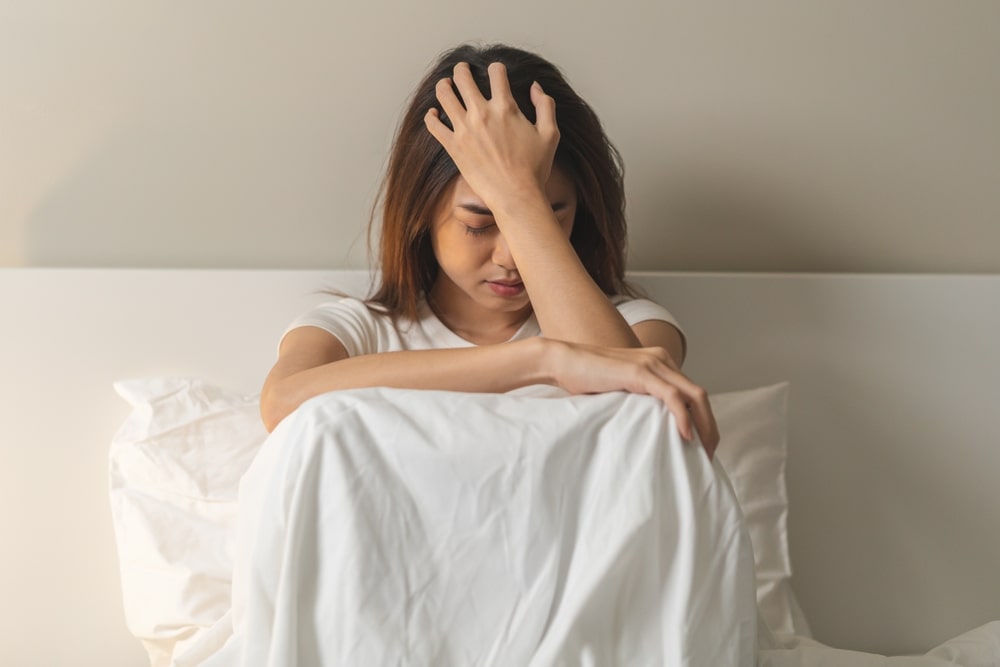
Anxiety can significantly impact relationships, as it can affect how you perceive yourself, your partner, and the relationship itself. It can manifest in different ways in relationships, depending on the individual and the nature of the relationship. Common manifestations of anxiety in relationships include:
- Fear of Abandonment: Anxious individuals may fear being abandoned or rejected by their partner, leading to clinginess or insecurity.
- Communication Challenges: Anxiety can make it difficult to communicate effectively, leading to misunderstandings or conflict.
- Need for Reassurance: Anxious individuals may constantly seek reassurance from their partner, which can be draining for both parties.
- Jealousy and Distrust: Anxiety can lead to feelings of jealousy and distrust, even in the absence of evidence of wrongdoing.
Anxiety can have a profound impact on relationships, affecting communication, trust, and intimacy. Whether you or your partner experiences anxiety, navigating the emotional terrain of a relationship can be challenging.
Supporting a Partner with Anxiety
Supporting a partner who experiences anxiety involves several key approaches. First and foremost, being a compassionate listener is crucial. Validate their feelings and avoid minimizing or attempting to solve their problems. Educating yourself about anxiety and its impact on relationships can provide valuable insights into your partner’s experiences. Additionally, patience is key; managing anxiety is a process that requires time and effort. Consistently offering your support and understanding can make a significant difference. Finally, if your partner’s anxiety is significantly impacting their daily life or your relationship, encouraging them to seek professional help from a therapist or counselor may be advantageous.
Tips for Managing Anxiety in Relationships
Consider the following suggestions to help manage the emotional challenges of anxiety in relationships:
- Communicate Openly: Talk to your partner about your anxiety and how it affects you. Be open and honest about your feelings and needs and encourage your partner to do the same.
- Practice Self-Care: Take care of yourself physically, mentally, and emotionally. Engage in activities that help reduce your anxiety, such as exercise, meditation, or spending time in nature.
- Set Boundaries: Establish healthy boundaries in your relationship to ensure that both you and your partner’s needs are being met. Respect each other’s boundaries and communicate openly about them.
- Seek Support: Consider seeking support from a therapist or counselor who can help you manage your anxiety and improve your relationship skills.
- Practice Mindfulness: Mindfulness techniques can help you stay present in the moment and reduce anxiety about the future or past events.
- Focus on the Positive: Try to focus on the positive aspects of your relationship rather than dwelling on the negatives. Express gratitude for your partner and the things they do for you.
- Encourage Independence: Encourage each other to pursue individual interests and hobbies. This can help build confidence and reduce dependency on the relationship for validation.
Anxiety can be challenging to navigate in relationships, but with open communication, mutual support, and a commitment to self-care, it is possible to build a strong and healthy relationship. By understanding how anxiety affects you and your partner and implementing strategies to manage it, you can create a supportive and loving relationship that thrives despite the challenges of anxiety.
Treatment In Calabasas
Calabasas is a city in California. It is a well-known suburb of Los Angeles, located west of the San Fernando Valley and north of the Santa Monica Mountains. Over the past decade, the city of Calabasas has grown in its reputation for luxury as well as for privacy which makes it a hidden gem for residential living for society’s elite, and one of the most desirable destinations in Los Angeles County. It is also home to a plethora of highly qualified mental health clinicians providing an array of therapeutic services and treatment options.
The information above is provided for the use of informational purposes only. The above content is not to be substituted for professional advice, diagnosis, or treatment, as in no way is it intended as an attempt to practice medicine, give specific medical advice, including, without limitation, advice concerning the topic of mental health. As such, please do not use any material provided above to disregard professional advice or delay seeking treatment.









